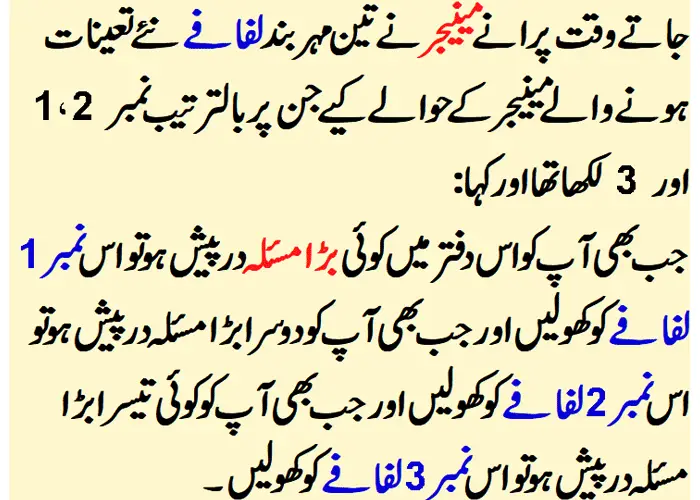Feeling fatigued and low on energy can significantly impact your quality of life, making even simple tasks feel overwhelming. While occasional fatigue is normal, persistent or excessive tiredness may indicate underlying health issues or lifestyle factors that need to be addressed. Fortunately, there are several home remedies and lifestyle changes you can implement to reclaim your energy levels and combat fatigue effectively.
Understanding Fatigue
Fatigue is a common symptom characterized by physical or mental tiredness, lack of energy, and reduced motivation or stamina. It can be caused by various factors, including insufficient sleep, poor nutrition, stress, dehydration, sedentary lifestyle, medical conditions, or medication side effects. Identifying the root cause of fatigue is essential for implementing targeted remedies and restoring vitality.
Home Remedies for Managing Fatigue
1. Prioritize Sleep Quality
Getting adequate and restful sleep is crucial for combating fatigue and restoring energy levels. Aim for 7-9 hours of sleep per night, establish a regular sleep schedule, create a relaxing bedtime routine, and optimize your sleep environment by minimizing noise, light, and electronic devices.
2. Stay Hydrated
Dehydration can contribute to feelings of fatigue and lethargy, so it’s essential to stay hydrated throughout the day. Drink plenty of water, herbal teas, and hydrating foods like fruits and vegetables to maintain optimal hydration levels and support overall energy levels.
3. Eat a Balanced Diet
Nutritious meals and snacks provide the fuel your body needs to function optimally and combat fatigue. Focus on consuming a balanced diet rich in whole grains, lean proteins, healthy fats, fruits, and vegetables, and limit intake of processed foods, sugary snacks, and caffeine, which can cause energy crashes.
4. Exercise Regularly
Physical activity is a natural energy booster that promotes circulation, oxygenates the body, and releases endorphins that enhance mood and vitality. Incorporate regular exercise into your routine, such as brisk walking, jogging, cycling, yoga, or strength training, and aim for at least 30 minutes of moderate-intensity activity most days of the week.
5. Practice Stress Management
Chronic stress can drain your energy and contribute to fatigue, so it’s essential to incorporate stress-reducing practices into your daily life. Try relaxation techniques such as deep breathing, meditation, mindfulness, progressive muscle relaxation, or hobbies that promote relaxation and enjoyment.
6. Limit Caffeine and Alcohol
While caffeine and alcohol may provide temporary energy boosts or relaxation, excessive consumption can disrupt sleep patterns, dehydrate the body, and lead to energy crashes. Limit intake of caffeinated beverages and alcohol, especially in the afternoon and evening, to support restful sleep and sustained energy levels.
7. Take Regular Breaks
Prolonged periods of activity or mental exertion can lead to fatigue and burnout, so it’s important to take regular breaks throughout the day to rest and recharge. Practice the 50-10 rule, where you work or focus intensely for 50 minutes, then take a 10-minute break to stretch, walk, or relax.
8. Maintain Social Connections
Spending time with friends, family, and loved ones can provide emotional support, boost mood, and increase feelings of energy and vitality. Make time for social activities, hobbies, or meaningful interactions that bring joy and fulfillment to your life.
Conclusion
Fatigue is a common and often preventable symptom that can impact your physical, mental, and emotional well-being. By implementing home remedies such as prioritizing sleep quality, staying hydrated, eating a balanced diet, exercising regularly, managing stress, limiting caffeine and alcohol, taking regular breaks, and maintaining social connections, you can reclaim your energy levels and enjoy a more vibrant and fulfilling life.
FAQs (Frequently Asked Questions)
1. How can I tell if my fatigue is due to a medical condition?
- If you experience persistent or severe fatigue that interferes with your daily activities, it’s important to consult a healthcare professional for evaluation and diagnosis. Medical conditions such as anemia, thyroid disorders, depression, sleep apnea, or chronic fatigue syndrome may contribute to fatigue and require specialized treatment.
2. Are there any supplements that can help with fatigue?
- Certain supplements, such as iron, vitamin B12, vitamin D, magnesium, and coenzyme Q10, may help support energy metabolism and combat fatigue, especially if deficiencies are present. However, it’s essential to consult a healthcare provider before starting any new supplements to determine appropriate dosages and ensure safety.
3. Can fatigue be a sign of dehydration?
- Yes, dehydration can cause symptoms of fatigue, weakness, dizziness, and headache due to inadequate fluid intake. Drinking water regularly throughout the day and consuming hydrating foods like fruits and vegetables can help prevent dehydration and support optimal energy levels.
4. How long does it take to notice improvements in energy levels with lifestyle changes?
- The time it takes to notice improvements in energy levels with lifestyle changes varies depending on individual factors such as overall health, sleep quality, diet, exercise habits, and stress levels. Consistently implementing healthy habits and making gradual changes over time can lead to sustained improvements in energy and vitality.
5. When should I seek medical attention for persistent fatigue?
- If fatigue persists despite implementing home remedies and lifestyle changes, or if it is accompanied by other concerning symptoms such as unexplained weight loss, fever, swollen lymph nodes, or severe weakness, it’s important to consult a healthcare professional for further evaluation and management.







